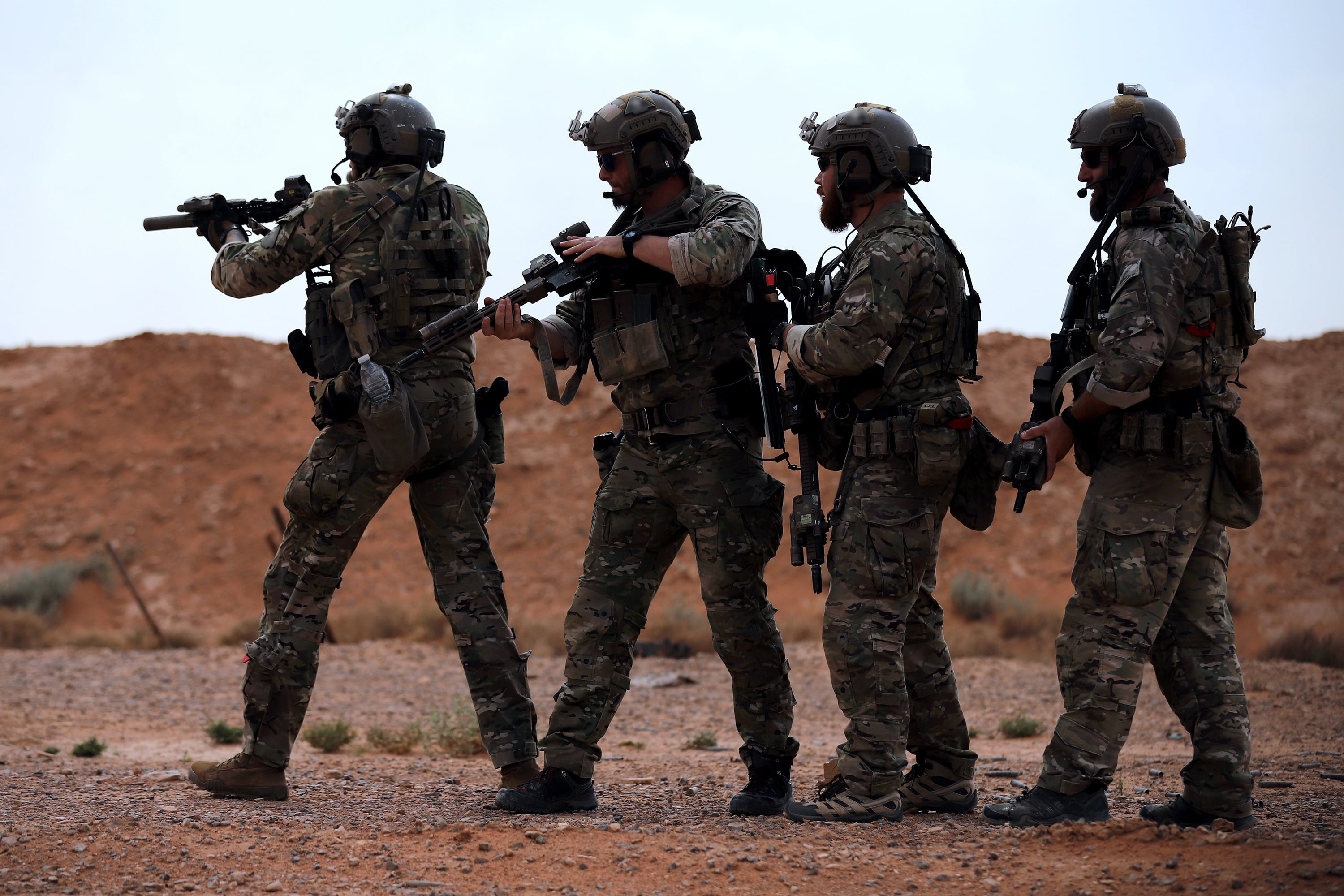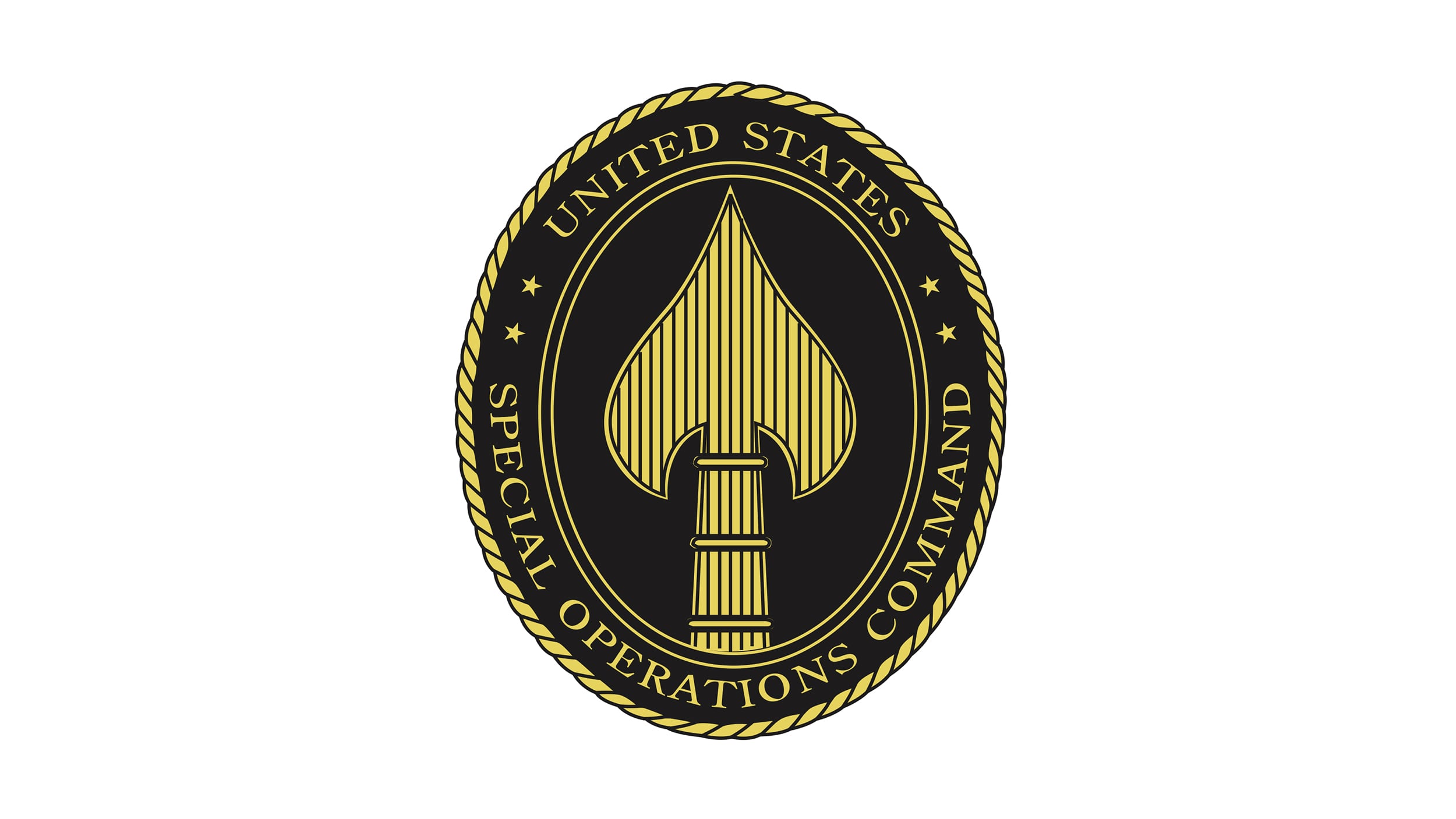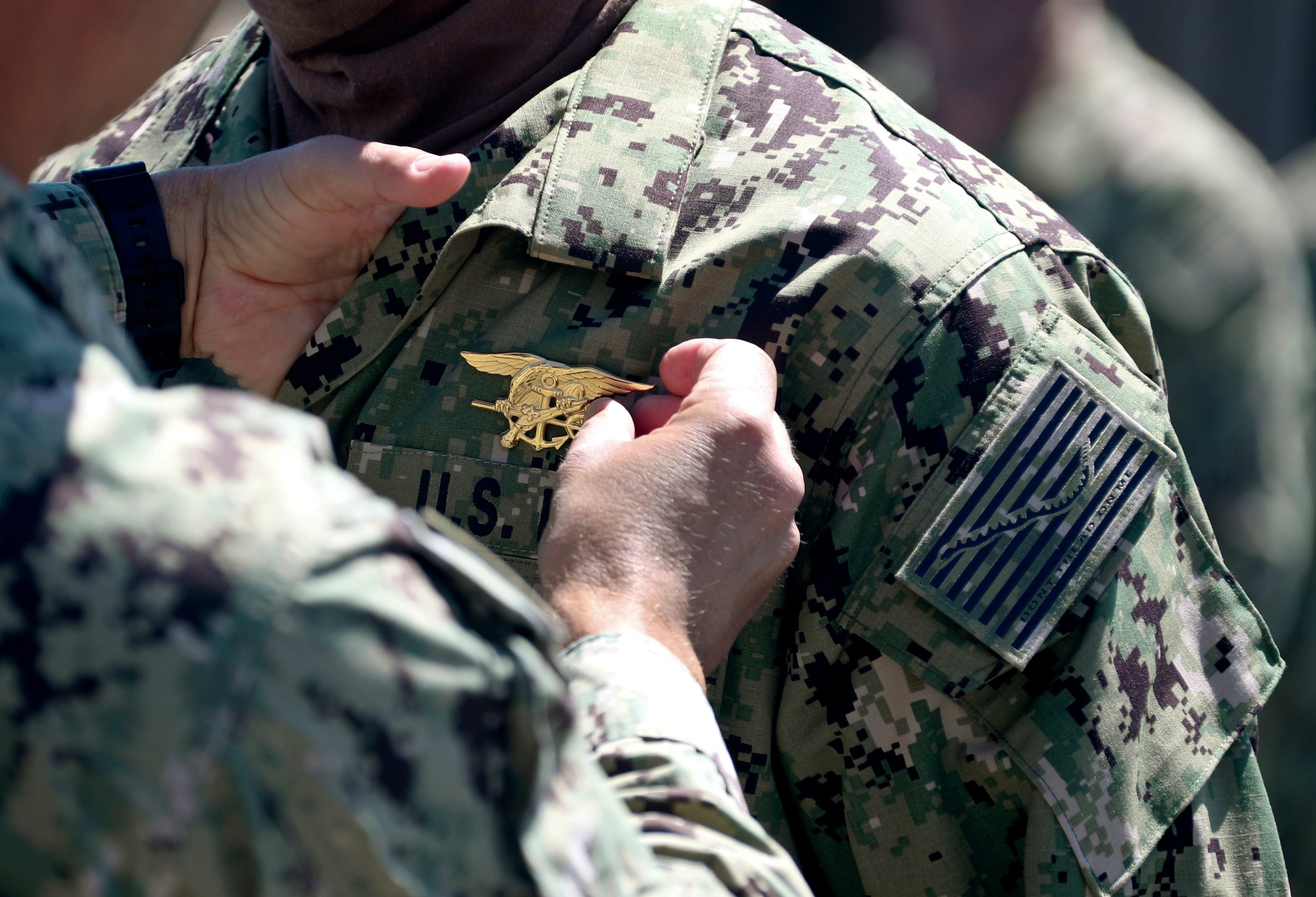The similarity between special operations forces (SOF) and Dixie Cups is not immediately obvious, but it is a comparison many inside the special operations community reluctantly make. Dixie Cups come in a seemingly unlimited supply, you can use them when you need them — often at the last minute — and then you can throw them away. Unfortunately, the lack of long-term investment in special operations can feel like the same treatment.
SOF have typically been proposed, created or built up in times of crisis. Government leaders and the military services, to a certain extent, support these periods of SOF growth in either capability or capacity. Money, people, and equipment flow in. But, inevitably, long-term resources are not made available to sustain, maintain, and grow the new capability. And at some point, usually gradually, the political perception of the seriousness of the crisis recedes. And as a result, the resources that were directed to SOF are easily moved to other priorities, especially because they seldom included long-term investments.
SOF has been a shiny object for a while, but its luster is fading with the drawdown of forces in the Middle East and South Asia, our renewed focus on “great power competition,” and the onset of a global pandemic. Special operators know the “SOF Truth” that competent SOF cannot be created overnight. Some of us have come to believe that people outside of SOF understand this, but they don’t. How terribly tragic it would be if, on some day and in some place in the future, our nation once again needs a daring, difficult, and dangerous task performed that requires exquisite skill and unmatched problem-solving — and our SOF is unable to meet that call for want of support.
RELATED

Some will argue that the military services can and should do a better job as the advocate for special operations. But the services, to a great extent, do not appreciate what it takes to create a special operator. Indeed, they shouldn’t; it not their responsibility. And it’s important to remember that defense budget decisions are made by Congress. Members of Congress are serving the constituents that elected them and receiving advice from political appointees in the Defense Department. Unfortunately, SOF don’t comprise anyone’s elected constituency. Nor do we have a political appointee in the form of a service secretary in the Pentagon. So although the uniformed military can develop tremendous capabilities within its ranks, only civilian leadership can ensure the sustainment of said capabilities. The days of creating capability, as needed, just in time, have been over for a long time.
We are seeing the cycle of build-up and break-down play out right now. This is the first time in over 18 years that the SOF budget has decreased, even as threats to the nation increased. Without a service secretary or close equivalent, SOF will always get input, but have little, if any, influence on output. If there is not strong civilian leadership in place, SOF will succumb to other priorities; it always has! Unless major reform is undertaken, I believe that today’s unwelcome uncertainty over SOF resourcing will not just occur this year, it will be repeated in the future. It’s the bureaucracy, properly resourced, that can prevent the same mistakes from being made again.
RELATED

The defense oversight committees in Congress must push to elevate the assistant secretary of defense for special operations and low-intensity conflict (ASD(SO/LIC)) to the level of undersecretary, and appropriately name the agency to reflect today’s realities. The undersecretary of special operations, period; drop the low-intensity conflict moniker, it doesn’t apply today and hasn’t fit any defense strategy in decades.
I have lived the ups and downs of SOF and our nation’s military for almost four and half decades. Any honest student of history will tell you that SOF has played a disproportionate role in transforming our military from its nadir after Vietnam to the most respected and capable force in the world. We can’t take that for granted. We can’t treat these warriors like Dixie Cups.
Mike Hall is a retired command sergeant major and a decorated combat veteran with over 34 years of service to the U.S. Army and special operations. He is the only soldier to have held the senior enlisted position at the Ranger Regiment, the Joint Special Operations Command (JSOC) and the United States Army Special Operations Command (USASOC). He retired from active duty in 2008 after 32 years of service and in 2009 was recalled from retirement to serve as the CSM and senior enlisted adviser for the International Security Assistance Force in Afghanistan.
Editor’s note: This is an Op-Ed and as such, the opinions expressed are those of the author. If you would like to respond, or have an editorial of your own you would like to submit, please contact Military Times managing editor Howard Altman, haltman@militarytimes.com.





